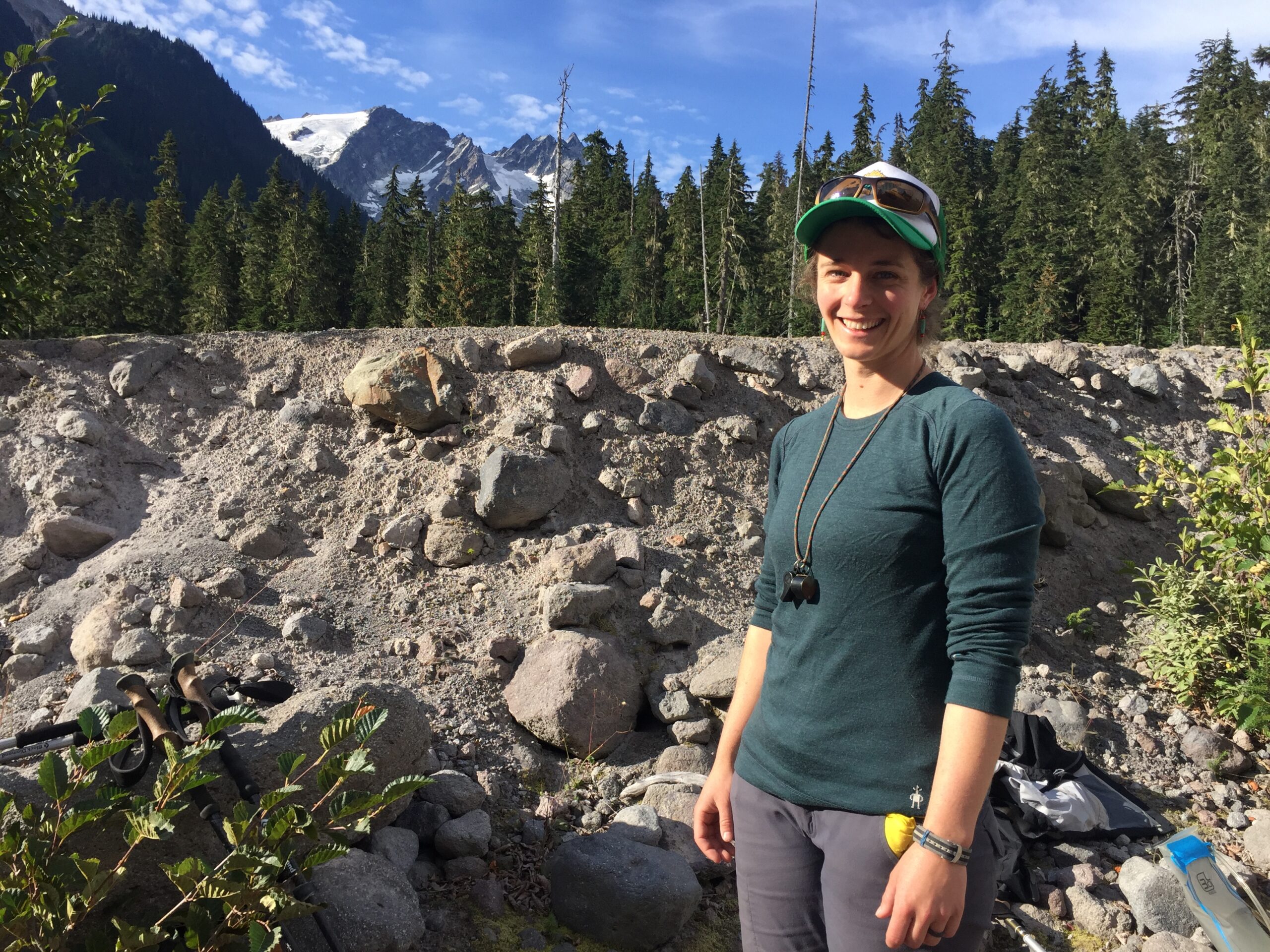
Sediment Supply Controls on River Bed (In)stability in WA
River channel beds aggrade and incise through time in response to temporal variation in the upstream supply of water and sediment. However, we lack a thorough understanding of which of these is the dominant driver of channel bed elevation change. This lack hampers flood hazard prediction, as changes to the bed elevation can either augment or reduce flood heights. This predictive shortcoming is acutely problematic in the lower Nooksack River in Northwest Washington, which has seen substantial channel bed aggradation in the past decade and experienced a deadly flood in Winter 2021. Events of this sort are likely to become more extreme in the coming decades due to anthropogenic climate change and increases in high flow magnitude, yet it is unclear whether the channel change resulting from these events will systematically increase or decrease flood intensity.
In this talk, I will explore the drivers of channel change using multidecadal time series of river bed elevation at 49 United States Geological Survey (USGS) gage sites in the uplands of Washington State, USA. We find that channel bed elevations at many of the gages change remarkably little over >80 years, while others are highly unstable. Despite regionally synchronous decadal fluctuations in flood intensity, there is a lack of regional synchrony of channel response at the decadal scale. At the monthly scale, the magnitude of antecedent high flow events between gage measurements does not predict either the direction or magnitude of shift in channel bed elevation. That variations in peak flow magnitude are insufficient to explain changes in bed elevation suggests that fluctuations in sediment supply, rather than variation in peak flows, are the primary driver of change to river bed elevation. In this region, channels downstream from glaciers have statistically significantly greater variability in bed elevation compared to those lacking upstream glaciers. Together, these findings suggest that aggradation and incision signals in this region predominately reflect fluctuations in sediment supply, commonly associated with volcanic and/or glaciogenic sources, rather than response to high flow events.
Dr. Allison Pfeiffer is a process geomorphologist, particularly interested in sediment supply and river channel form and response. Allison received a BA in Geology at Carleton College in Northfield Minnesota, and her PhD in Earth and Planetary Sciences from UC Santa Cruz. After a short postdoc at the University of Washington in Earth and Space Science and Civil Engineering, she joined the faculty in the Geology Department at Western Washington University in 2019.
